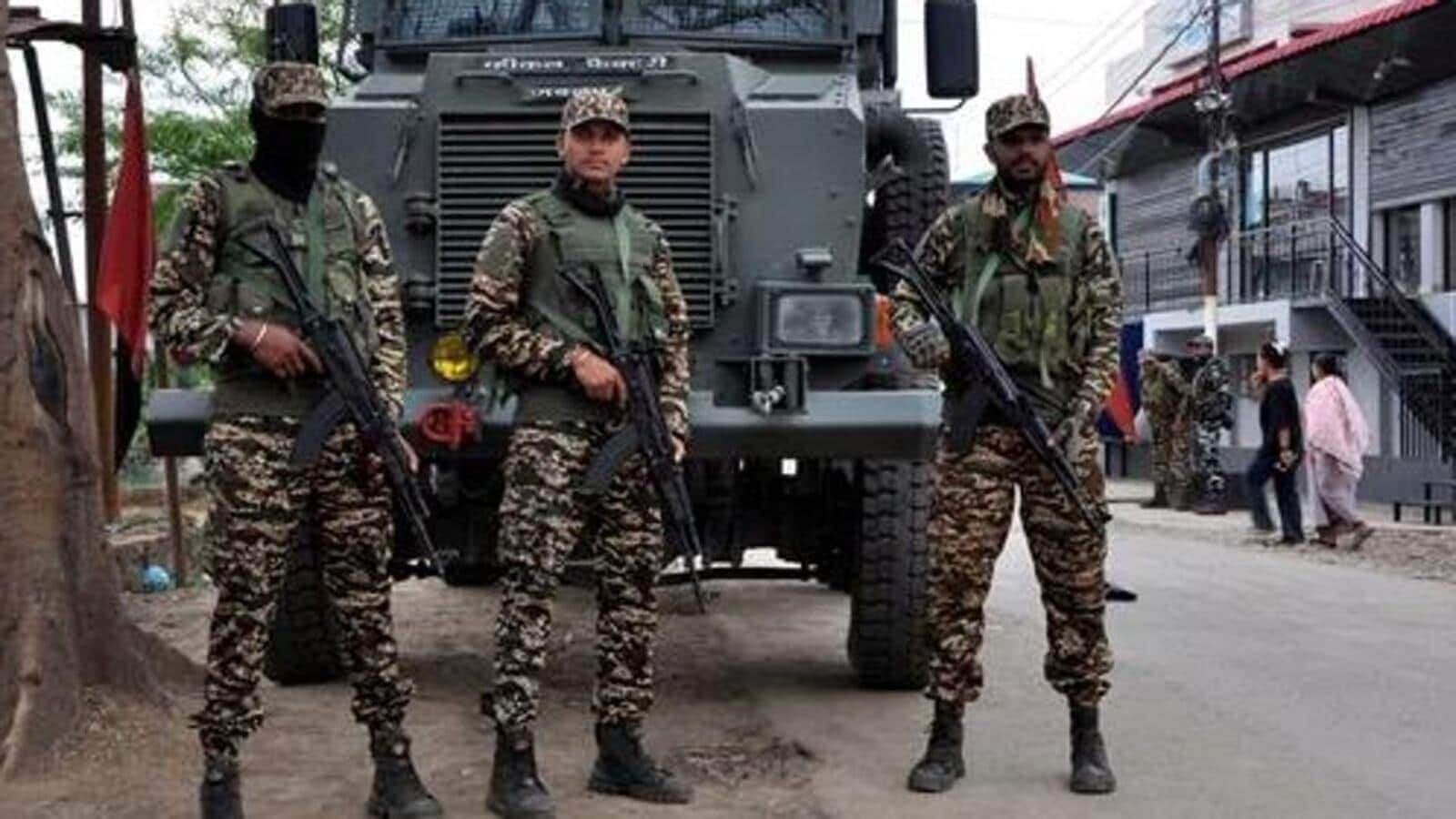
AFSPA extended in 8 Nagaland districts, 3 Arunachal Pradesh districts
What's the story
The Armed Forces (Special Powers) Act (AFSPA) has been extended in eight districts of Nagaland and three in Arunachal Pradesh.
This decision follows a review of the law-and-order situation in these northeastern states.
The AFSPA, which grants armed forces broad powers to maintain public order, is typically enacted in areas designated as "disturbed" to aid military operations.
Notification details
'Disturbed area' status declared for 6 months
The Union home ministry issued a notification on Wednesday evening, declaring eight districts and 21 police stations in five other districts of Nagaland as "disturbed areas" for a period of six months starting April 1, 2024.
The notification stated that these areas have been declared as "disturbed area" again under Section 3 of the Armed Forces (Special Powers) Act, 1958 for a period of six months with effect from October 1, 2024, unless withdrawn earlier.
Areas affected
Specific districts and police stations under AFSPA
The districts in Nagaland where the AFSPA was reimposed are Dimapur, Niuland, Chumoukedima, Mon, Kiphire, Noklak, Phek and Peren.
Additionally, areas within the jurisdiction of various police stations in Kohima District; Mangkolemba, Mokokchung-I, Longtho, Tuli and Anaki 'C' police stations in Mokokchung District; Yanglok police station in Longleng District are also declared "disturbed."
Extension details
AFSPA extended in Arunachal Pradesh districts
In a separate notification, the home ministry announced that Tirap, Changlang and Longding districts in Arunachal Pradesh have been declared as "disturbed areas" under the AFSPA.
The areas falling within the jurisdiction of Namsai, Mahadevpur and Chowkham police stations in Namsai district of Arunachal Pradesh, bordering Assam are also included.
This status will be effective for six months from October 1, 2024 unless withdrawn earlier.
Act revocation
AFSPA lifted in 70% of northeastern states
Union Home Minister Amit Shah had previously announced that the AFSPA had been lifted in 70% of the northeastern states, although it remains in effect in Jammu and Kashmir.
He also mentioned that the central government would consider revoking AFSPA in Jammu and Kashmir.
There have been ongoing demands from various organizations and individuals in both Jammu and Kashmir and the northeastern states to repeal the act.